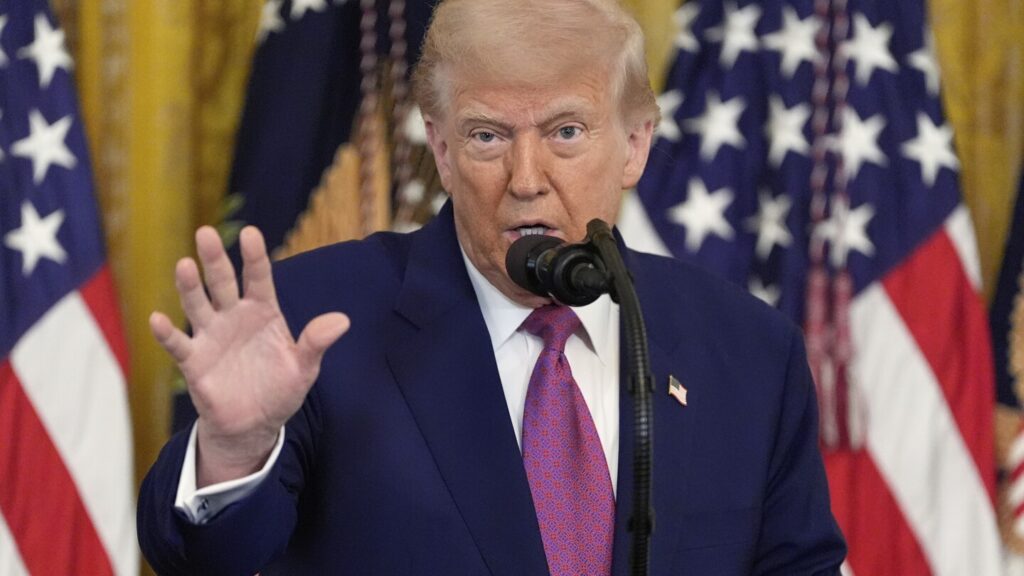President Donald Trump rejected a plan from Israel to kill Iran’s Supreme Leader Ayatollah Ali Khamenei, as reported by a U.S. official. The Israelis had presented a credible plan to the Trump administration, but the White House conveyed Trump’s opposition to the move, fearing it would escalate the conflict and destabilize the region further. Israeli Prime Minister Benjamin Netanyahu, when questioned about the plan, did not directly confirm the rejection but emphasized that actions would be taken as necessary. A spokesperson for Netanyahu labeled reports of the plan as “fake.”
Amidst escalating tensions between Israel and Iran, Trump issued a warning to Iran not to retaliate against U.S. targets in the Middle East, asserting that any attack would be met with unprecedented force. He also expressed hope for a potential deal between Iran and Israel. As Trump departed for the Group of Seven summit, he emphasized his track record in de-escalating conflicts and expressed optimism for a peaceful resolution.
Within Trump’s circle, there are differing opinions on U.S. involvement in foreign conflicts, with some advocating for restraint and diplomacy, while others, like Sen. Lindsey Graham, suggesting a more aggressive approach if diplomatic efforts fail. The situation remains fluid, with implications for the broader Middle East region and ongoing international relations. Trump’s stance on the conflict and his efforts to mediate reflect a complex web of political considerations and strategic maneuvering.

